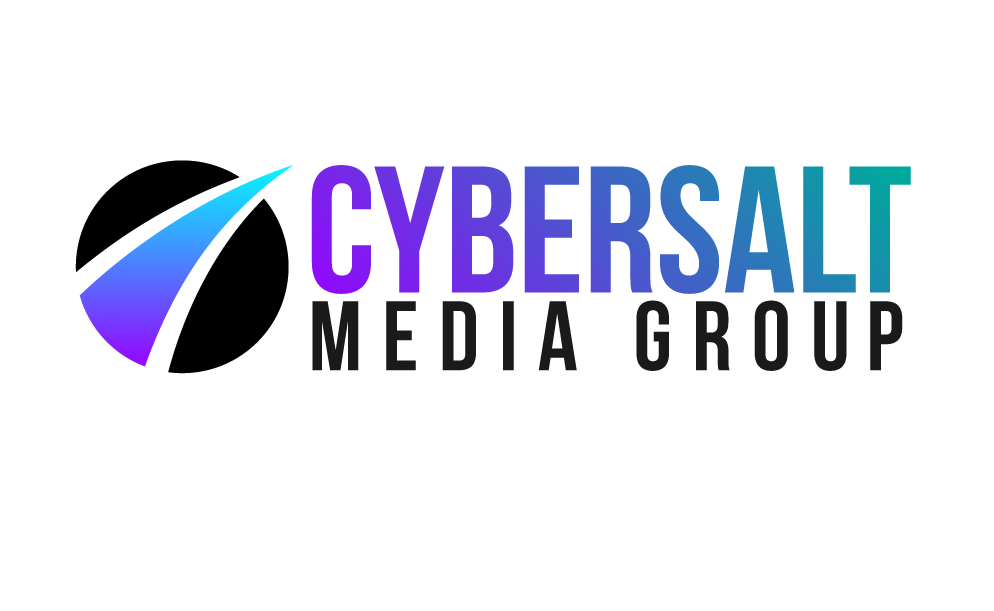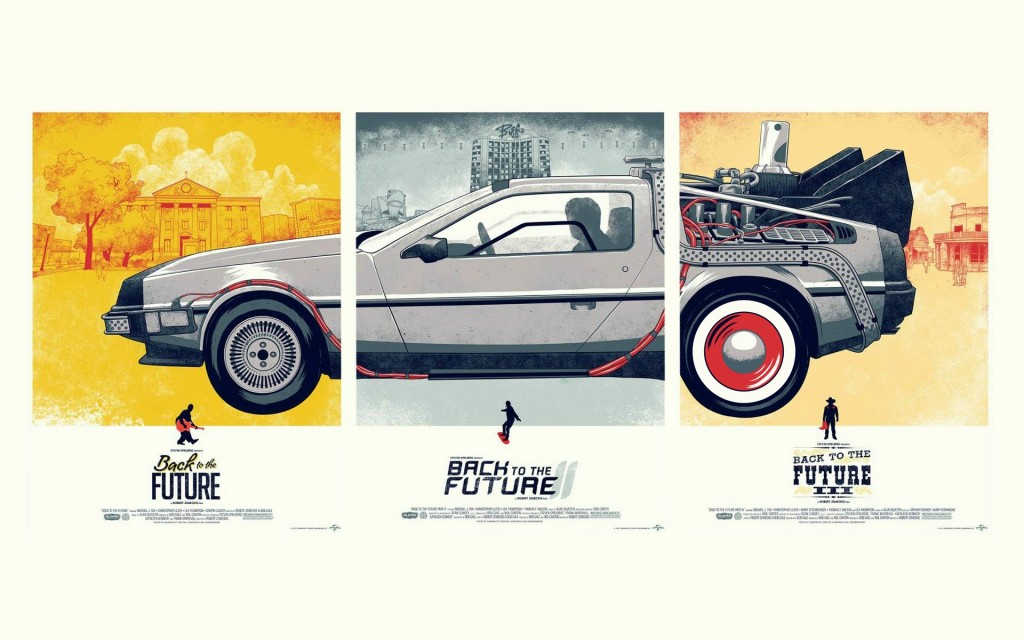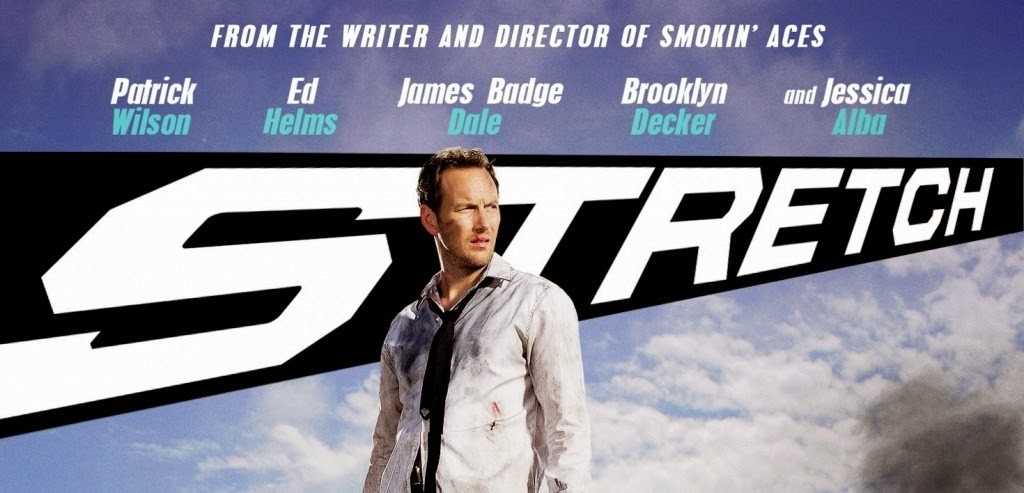Goodbye, Cybersalt

It was November 1st, 1997. I was working at a Southern Gospel radio station. I had several hours to myself every time I worked, and I had recently taken to lugging my desktop computer with me so I could use the Internet during my shift.
Over the past couple of years, I had fallen in love with the Internet and all the possibilities it offered. I had learned to make web pages, but I was limited by the fact that I didn’t have a space of my own online. Sure, there were free web page hosting services, but you had to put your web pages on their domain. My very first web site was on geocities, with a url like geocities.com/enchantedForest/~myUsername/whatever.html. It was hard to remember and I couldn’t give it to people to check out unless I had written it down for them.
What I needed was a domain name of my own. I had just turned 18 in September. I had a brand new bank account and money in said account. Now was my chance to purchase a domain name. The only problem was that I couldn’t figure out what to call it.
Scratch that. I could think of many things to call it, but everything I thought of was taken by other people. It was getting to be pretty frustrating. I wanted more than just a name that ended in .com. I wanted something that communicated this new electronic era we found ourself in but also communicated my very strong Christian faith.
I have no idea at this point what I tried. I was searching for hours. What I finally came across, though, was CyberSalt. Cyber- was for cyberspace, and salt was a reference to Jesus calling his followers the salt of the earth. It was memorable. It would work.
So I entered in my credit card information and forked over $39.95 (or was it $49.95?) to Network Solutions.
Moments later, the domain was mine. What I didn’t have was a clue of what to do with it.
At first I tried to make the domain a place for people to sign up for me to design web pages for them. I scrapped that idea eventually and just used the domain was a way to have my own custom e-mail addresses. I wasn’t like the hordes that used @hotmail or @aol. My e-mail addresses ended in @cybersalt.com.
Several times I tried to relaunch the site as a web hosting provider. I can see now that the problem was that I was attempting to enter a very crowded space (the web hosting industry) without anything to really differentiate my business from competitors. Back in 2012 I had an epiphany that the web was moving toward a more media-centric experience, and that I could reflect that by re-branding as Cybersalt Media Group.
In 2015, I commissioned a new logo:
Over the summer this year while I was looking for work, I put some time into relaunching the site one more time. The idea was to look for web design work while I was looking for a job in order to supplement my income. I couldn’t really commit to the idea, though, because it was such a large priority to find a job. The time I spent trying to land web hosting clients was time I wasn’t spending looking for work.
Every year in October I’ve receive the notice that Cybersalt.com is expiring, and do I want to renew? Each year, regardless of my financial circumstance, I’ve found a reason to say yes. This year is different. I received the notice via e-mail and realized that I have absolutely no desire to keep trying to make Cybersalt work in some capacity or another.
One thing I’ve learned over the past few years is that it doesn’t do any good to sink time and resources into a losing idea. While Cybersalt does have some sentimental value for me, that isn’t enough of a reason to keep paying money to hold on to the domain.
Rather than let it expire, I reached out to the person that owns Cybersalt.org to see if he was interested in purchasing the domain from me. Every now and then some of his web visitors would e-mail me. They were usually confused about why cybersalt.com was not the Christian humor site they were expecting. They tended to be older people and didn’t know the difference between .com and .org domain names.
I should be transferring the domain next week. In a way it’s sad. It’s the end of an era in a very literal sense for me. I’m okay with it, though. Things come to an end. Things change. Part of the trick of life is adapting to that change and moving forward.
Focus
I have ideas. Constantly.
Well…I have ideas when I’m not super stressed out. When I left my job earlier this year to travel through South America, my stress levels lowered and I started getting ideas again. They can be for anything. Sometimes they’re for films. Sometimes they’re about businesses I can launch. Over the years, I’ve learned that I should write these ideas down and worry about developing them once I have more free time.
For the past few months I’ve had nothing BUT free time, and I’ve been putting it to use. I wrote a screenplay in March for a short film I hope to direct later this year. I had an idea for an app (I was leaning toward calling it Phileo) that would let people make new friends more easily than other existing products.
Since my return, I’ve been working on Phileo and trying to flesh the idea out so that I could figure out the right steps to take when turning it into a business. About a week ago, I met up with a friend and mentioned the idea to her. She said it sounded a lot like a certain dating app. I downloaded the app, and sure enough, my idea was pretty similar. I’ve since decided to stop working on Phileo.
Having taken two different ideas out to pasture within a short period of time, it got me to thinking. Am I wasting my time? After a lot of soul searching, I think the answer is yes. This isn’t to say that working on these ideas has been pointless; it’s given me practice in structuring projects and thinking through business ideas from the ground up. However, the ideas I’ve been working on have been all over the place. I’ve been taking an undisciplined, scattershot approach to all this. As a result I wind up wasting time that could be used on more productive projects.
Seven years ago, I quit school so I could go to California and start working on movies. After about six months of trying and failing to get out to California, I decided that I was setting myself up for failure if I didn’t properly prepare myself. So I decided to switch majors and attend UNCW’s Film Studies program. I finished school and…didn’t have a car. Didn’t have any way to actually get to film productions even if I was hired to work on one. So I started focusing on making web sites, since that was my most marketable skill.
That eventually led me to Charlotte. But I needed more money in order to finance my film ambitions. So I focused on getting a better job. But my student loans were looming over me like a huge, depression shadow, so I went to grad school in order to increase my value as an employee.
So now I’m on the other side. Grad school was great! It has really helped me to understand what it takes to launch and manage a successful business. But I still need money in order to pay the student loan debt, now made even bigger by attending grad school. And I still need money to fund the short films I want to make.
I suppose that it’s this need for money that has made me open to entertaining business ideas. The problem is that I can’t do both things at once: I can’t launch a business and also work on film projects. As I learned when I launched HeartSpark last year, a business consumes all your free time. Another lesson I’ve learned over the past year is that I have a finite amount of energy I can give to things. Choosing to work on new business ideas means that I can’t also work on film projects at the same time.
So it’s time to focus. No matter how attractive an idea seems, I have to make film the priority. It’s the entire reason that I’ve gone down this particular path. After literally years of preparation, I’m finally at the point where I can dedicate some serious time to filmmaking. I want to direct a short film by the end of the year, but that’s not going to happen unless I start being more disciplined with how I spend my time.
Sometimes adults have to give up, and that’s okay
More than a year ago, I had the idea to write a book for young adults about how to actually be an adult. There’s already a book like that out there called Adulting, and while it has its charms, I felt like there were a lot of serious gaps. It talked about things like how to throw a dinner party, but didn’t say a word about how to find an apartment. I started thinking about what I’d do differently, and eventually came up with a list of topics that would make for a good book.
The problem is that I was too busy at the time to do anything about it. I was in grad school, I was working full time, and I was running a speed dating business. I had enough on my plate as it was. I decided that once I went on my trip to South America that I would put some time and effort into this project.
One concept that is important when launching a business is the idea of MVP, or minimum viable product. The MVP is the least amount of work you need to do in order to launch your product or service. The reason for an MVP is so that you reduce the amount of time working on a bad idea. The original idea was to write the book and sell it. I was pretty confident that the book would be a success with the right marketing, but it would likely take me a year or so to research and write a book like this. I didn’t like the idea of investing a year of my time in something that may or may not work.
So I tweaked my idea a bit. Instead of releasing a whole book, I’d release a chapter for 99 cents and gauge the response. But then even that began to seem daunting. Eventually I realized that an even lower-cost way of getting my ideas out there would just be to launch a blog. If I could write articles consistently, I would eventually have enough material to release a book. I could also market the blog in order to see if people were interested in what I had to say.
About a month into my trip, I purchased a domain name and published the first article. I wasn’t thrilled with the initial lack of response, but decided to set a marketing plan into motion once I had three or four articles up.
After publishing the first article, I wrote a second. I was polishing the second article, getting it ready for publication, when I got sick. Then I got sick again. And again.
I lost my momentum. Now I’ve finished my trip and I’m back home. And I have zero interest in writing any more articles.
Sometimes it happens. This doesn’t mean that I didn’t have a good idea, but if I’m not willing to put any more work into it then there’s no chance it will succeed. I have several months until the domain expires; if I suddenly get a burst of motivation I can reactivate the site and put the plan into motion, but it seems unlikely.
Right now I’m working on several things simultaneously. I’m searching for a new job, working on a new business idea, and trying to learn how to make web sites in Python. There’s not much time left over for writing long articles about how to adult. I’m not willing to say definitively that the idea is dead and buried, but let’s just say things don’t look promising.
On the bright side, at least I haven’t invested tons of time and effort into building this idea up. I believe in starting projects with enthusiasm, but I also believe if it’s not going to work you should be okay walking away.
So here I am, walking away.
On to the next project!
BTTF Script Review
A year or two ago, a guy in the reddit screenwriting sub posted a huge trove of scripts he’s collected over the years. I quickly nabbed them but haven’t had a chance to really spend time reading any of the scripts because I’ve been finishing grad school and whatnot.
Since I’m officially on vacation now, I figured it was a great time to start reading these.
I just finished reading the script for Back to the Future. It’s formatted like a shooting draft…lots of camera instructions…so this was close to a final draft but I noticed some things that were different than in the finished film. There are also several omitted scenes and some additions.
For example, Marty’s girlfriend is named Suzy. In the finished film her name is Jennifer.
The most famous tech from the film, the Flux Capacitor, is called the TFC…the Temporal Field Capacitor. Not nearly as catchy.
The final line of the film is another good example of this. Doc Brown says, with a hint of disdain:
“Roads? Where we’re going, we don’t need roads.”
In the script, he says: “Where we’re going, we don’t use roads.”
It’s such a small change, but the way that Christopher Lloyd delivers that final line is iconic. It would be interesting to know where that change came from. Did Lloyd ad-lib it on set, or was the line changed in a later draft of the script? My money is on it being changed later on.
This isn’t to downplay the value of the actors. As the roles are written, the characters are kind of bland. Marty seems like just your average teenager. On the page he doesn’t come across with nearly as much charisma as Michael J Fox gives him.
This is doubly true for Doc Brown. In the film, Christopher Lloyd makes Doc Brown an eccentric, wildly unpredictable scientist. In the script, Doc Brown is just some guy. In fact, his lines are attributed to “Brown” rather than “Doc Brown.” It’s either a tribute to the power of a good actor that Doc Brown because such a memorable character, or the draft I’m reading was modified a bit after Christopher Lloyd came on board.
As far as the writing style goes, I was a bit disappointed. Adverbs, a hallmark of bad writing, abound in the scene descriptions. For example, in scene 29, after Marty arrives in 1955 and crashes into a barn:
“Pa motions them all back. They watch expectantly, uneasily, with expressions of curiosity mixed with fear.”
If I were to write that line, it would probably be like so:
“Pa steps in front of his kids, shielding them from this unknown danger. The entire family is nervous and on edge, wondering what will happen next.”
My version isn’t perfect, though. When you’re writing a script you are only supposed to include the things that people can actually see on screen. The phrase “wondering what happens next” isn’t something that you can really show. So in that regard, the BTTF version is better in spite of the abundance of adverbs because it paints a visual image in your mind. When I try to write scripts, it usually turns into prose. This is something I want to change, which is why I’m reading these scripts in the first place.
Anyway, the thing that this script really showed me is that the actors play a huge role in transforming a less-than-stellar written description into a living, breathing character.
Ted 2
Ted 2. A total waste of time. A paycheck movie if there ever was one.
The first Ted was funny because it was shocking, but aside from a scene in a fertility clinic, this film doesn’t really try to push boundaries very much. Tons of celebrity cameos can’t make up for the fact that where the first film had heart, this one has a gaping void filled to the brim with a meandering, dull plot and product placement at every turn.
That’s not to say that the film is completely devoid of humor. The Jay Leno joke and “sad improv suggestions” were fantastic. Everything else? Meh.
Stretch
Stretch is a seriously weird movie. You’ve got an undead Ed Helms with a mustache he grew in Hell, and a nearly unrecognizable Chris Pine.
The movie is imaginative and seriously funny. However, it spends too much time trying to set up a rival car company as a threat without much in the way of payoff. Too much exposition at the front made it hard to care about what was happening to our lead.
Worth a shot if you’re bored.







